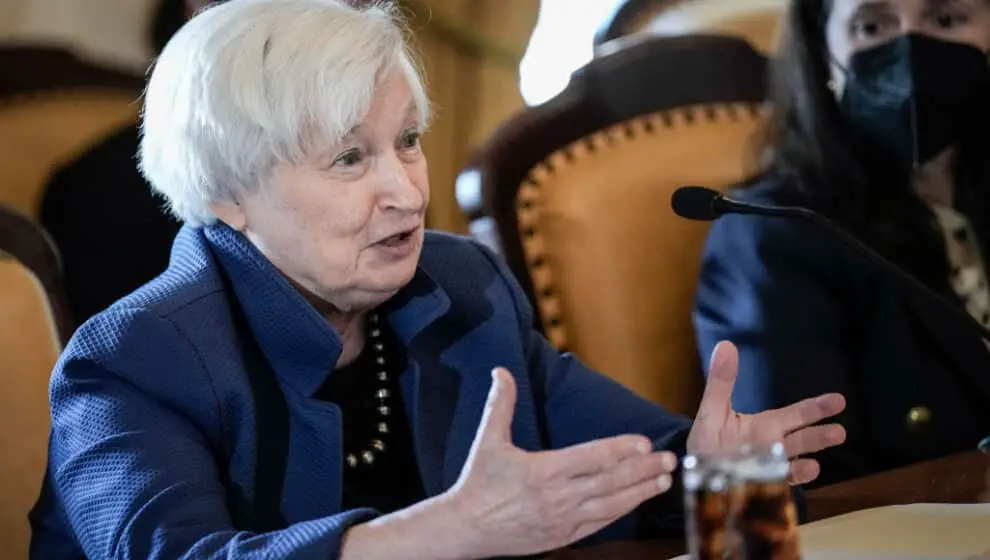Following President Joe Biden’s March executive order to evaluate regulation of digital currencies, Treasury Secretary Janet Yellen recommended the U.S. consider creating a digital dollar.
Key Details
- In March, President Biden asked the Federal Reserve and several other agencies to research the best way to regulate digital currency. Those agencies delivered nine reports with information on how cryptocurrency affects financial markets, the environment, and other aspects of the economy.
- Using these reports, Secretary Yellen suggested that the U.S. “advance policy and technical work on a potential central bank digital currency, or CBDC, so that the United States is prepared if CBDC is determined to be in the national interest.”
- The Treasury and other departments, such as the Justice Department anSecurities and Exchange Commission, will contribute reports on the concerns and risks presented by the development of digital assets. These reports are expected over the coming weeks and months.
Why it’s news
Cryptocurrency has had a growing following over the last several years with 105 countries already exploring or creating central bank currencies for their countries.
Compared to the rest of the world, the U.S. is already behind in development of a digital currency.
There are some safety concerns surrounding digital assets. Unlike existing digital money, such as the money in a bank account, liability would fall on the Federal Reserve rather than a commercial bank.
The Blockchain Association, a major lobbying group in support of cryptocurrency, called the reports “a missed opportunity to cement U.S. crypto leadership.”
The group criticized the government approach saying, “These reports focus on risks—not opportunities and omit substantive recommendations on how the United States can promote its burgeoning crypto industry, including job creating, improvements to the financial system, and expanded access for all Americans.”
